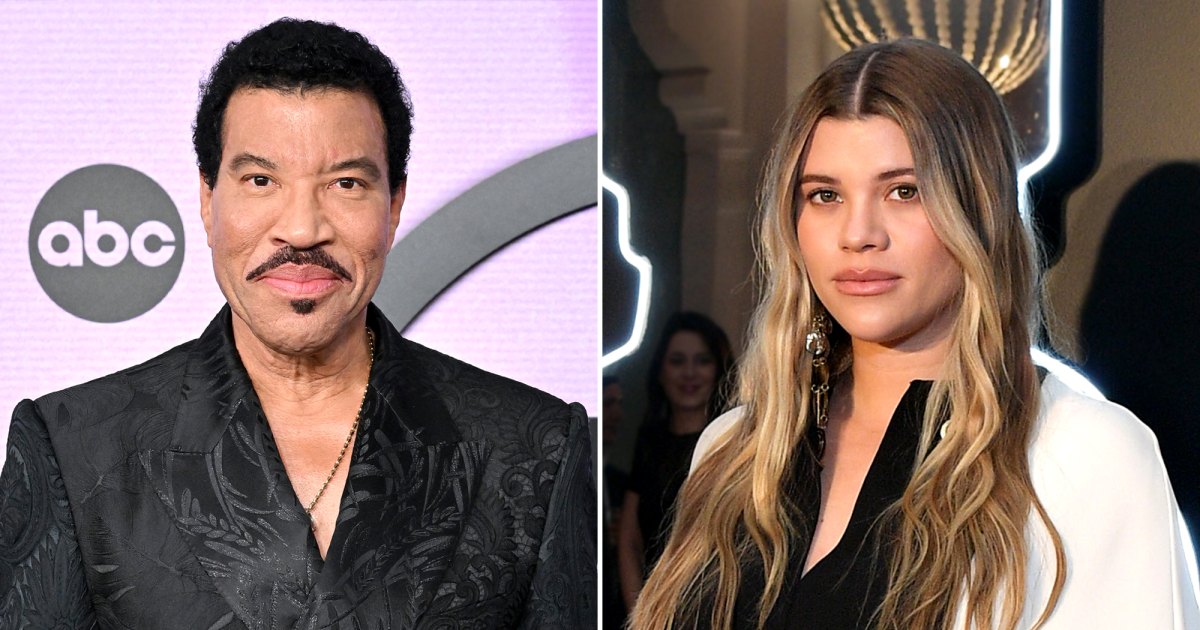Unlock the Editor’s Digest for free
Roula Khalaf, Editor of the FT, selects her favourite stories in this weekly newsletter.
The government of France is taking a small stake in Sanofi’s consumer healthcare business as the French pharmaceutical group nears a politically sensitive deal to hand control of the unit to US private equity group Clayton, Dubilier & Rice which values it at €15.5bn.
Economy minister Antoine Armand said on Sunday that state-investment bank Bpifrance would take a stake in the division known as Opella, following a backlash from across the political spectrum over the US approach and its possible implications, including for jobs in France.
Bpifrance’s holding will amount to 1 per cent, a person familiar with the talks said, enough to give it an Opella board seat. Le Figaro newspaper reported the stake sale earlier and said that C, D & R — which beat an offer led by French rival PAI in an earlier round of the sale process — would take 51 per cent in Opella, as the pair near exclusive talks over the deal.
“We’ve obtained guarantees that Opella will be developed and maintained in France. Our demands over jobs, production and investment will be respected,” Armand said on X late on Sunday. “The state, via Bpifrance, will be a shareholder to ensure this is the case.”
Sanofi and Bpifrance declined to comment.
Europe’s largest healthcare deal this year blew up into a test for France’s newly appointed government under Prime Minister Michel Barnier.
France has long been protective of its largest companies and often hostile to foreign takeovers, but in this case not only opposition parties hit out at the deal — so did some lawmakers from Emmanuel Macron’s own centrist party, at a time when the president is in an awkward power-sharing agreement with Barnier.
The Opella unit makes Doliprane, the brand under which Sanofi markets paracetamol in France, making it a household name and sparking concerns over potential shortages in future. During the Covid-19 pandemic in France the government rationed the painkiller.
Worries also flared over Opella’s 1,700 employees in France, while the deal raised uncomfortable questions over Macron’s years-long push to bring more pharmaceutical production back to France to create industrial jobs.
Last week PAI and its consortium sought to ride the backlash, trying to reopen bidding on the Opella deal with an offer €200mn higher than their original bid, people close to the talks said.
But the US offer is going ahead, people at France’s economy ministry acknowledged on Sunday after Armand’s comments aimed at making the transaction more palatable. Executives at Sanofi have also said a deal was close.
“The candidates for a stake in Opella have all had the same opportunity to submit their best offer, within the deadline of this process, which was identical for all,” Sanofi said in relation to PAI’s attempt at a second bid.
The rebuff marked the second time in weeks that a big European private equity firm tried to crank open a bidding process after the deadline, as buyout houses sit on record amounts of dry powder and fight over a pittance of major deals.
In late September, German rail company Deutsche Bahn rejected new bids for its Schenker unit that Luxembourg-based CVC had submitted after the buyout house had lost out to Denmark’s DSV.




